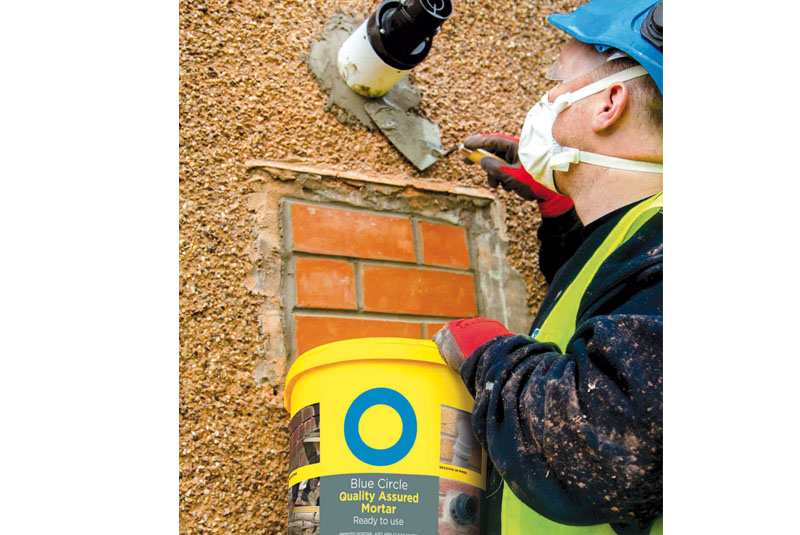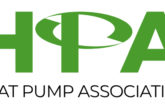
Cement might not be the first product that springs to mind for plumbers to keep a ready supply of, but it can prove invaluable in some situations. Gareth Davies, Technical Advisor at Tarmac Cement, makes the case for keeping some in the back of the van and offers some useful advice to plumbers on working with cement.
Plumbers will frequently find themselves having to work with pipes or vents that pass through an exterior wall, for example projects involving waste pipes, flues and vents. Such projects all demand that the exit gap in the wall is sealed. Without this, the wall is not weather-tight, leading to rain penetrating the space.
Polyurethane foam vs cement
Some specialists will work with polyurethane foam and while there is no denying its simplicity, using this as a long-lasting solution may not be ideal for some. In the first instance, the foam can prove difficult to ensure a neat finish. Importantly, unless it’s painted or sealed when hardened, exposure to sunlight will cause the product to degrade quickly, making it a more short-term fix.
On the other hand, opting for a simple ready-mix cement mortar, (such as Blue Circle Quality Assured Mortar) offers a more durable and weather resistant solution, resulting in reduced maintenance and replacement over the lifetime of the building. It also ensures a neater and more accurate finish, adding a touch of professionalism to the job at hand.
There’s also the ease of application to consider. The guaranteed mix proportions of a ready to use mortar help overcome any potential problems relating to site mixing, such as excess water and the addition of other inappropriate materials. This is a huge consideration; not getting the mix right can result in reduced strength, increased permeability and reduced durability of the hardened mortar.
Getting the basics right
Pre-mix cement mortar consists of a dry mix of selected sands, lime, cement and admixtures. While straightforward to use, plumbers should nevertheless follow some simple steps to ensure a successful finish:
*Only use as much clean water as you need to make the mortar workable. More water equals weaker mortar. Start off with a small amount, and tip in more as needed.
*Cement mortar is a safe product, but it still needs to be handled with care. Be aware of the safety issues, wear personal protective equipment and wash off mortar splashes promptly.
*As with all cement-based materials, mortars must be kept moist. Mortar sets by reacting with water. This process is called ‘curing’ and requires the mortar filling to be covered with a wet cloth or sheet of polythene. If mortar dries out too quickly or is made with excessive amounts of water it may shrink, leaving a gap around the pipe; prematurely dried mortar can also crack and is likely to have a reduced strength and in severe cases can be dusty and crumbly.
Keeping some handy
For plumbers, larger bags of cement can often be too impractical to store in the back of their van. Tarmac Blue Circle Quality Assured mortar mix has a nine-month shelf life and comes in smaller 10kg or 5kg re-sealable plastic tubs. It also means that the product can be easily carried in one hand, reducing risks of accidents by making it easier to transport up ladders or through confined spaces, such as passageways.
www.tarmac-bluecircle.co.uk/trade/












